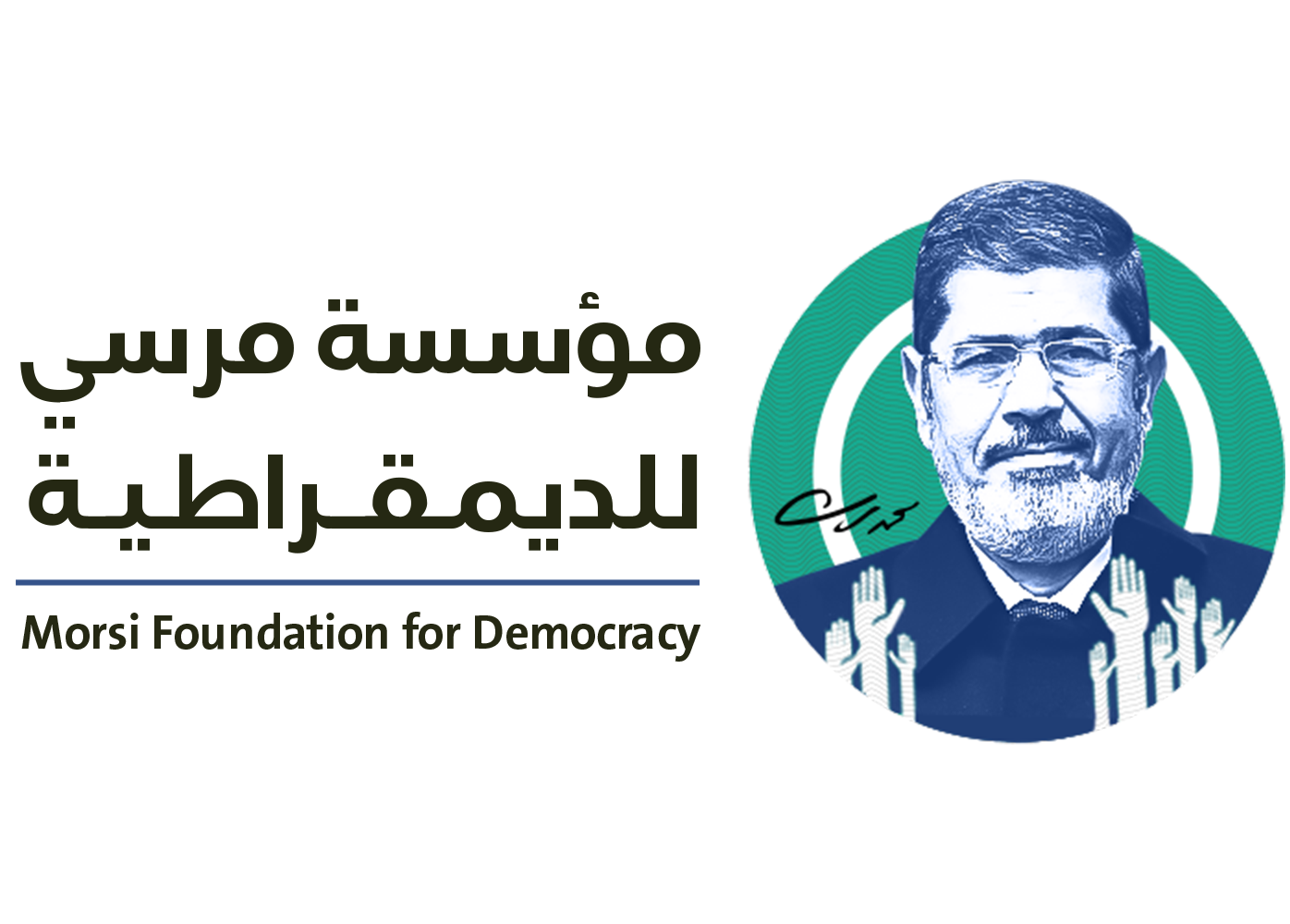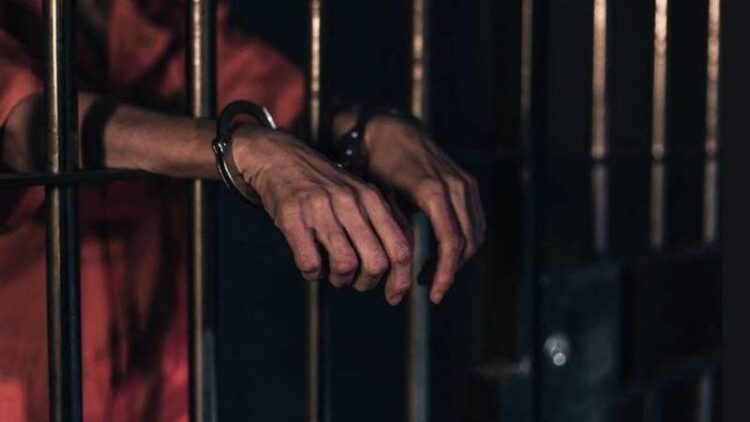A body concerned with the defense of political detainees in Tunisia called for the release of “political prisoners” and “lifting pressure” on the judiciary, during a press conference in the capital, Tunis, in the presence of members of the body (14 lawyers), families of detainees, and national and human rights figures.
A member of the National Authority for the Defense of Political Detainees, lawyer Samir Dilo, said during the symposium that “the pressure placed on judges has become unbearable, and those involved in the files of detainees are threatened with dismissal if they decide what contradicts the interests of the coup authority, and we demand the release of political detainees.”
He continued, “Many political detainees were arrested without judicial warrants and without clear charges or evidence that they are linked to conspiracy against the state and in ways that violate international conventions. This is what judges must pay attention to in order to lift the grievances of the detainees.”
He pointed out that “all the procedures in force in the cases of political detainees did not respect the law, and some of them play the role of the parallel judiciary, and we will file legal cases against them for their slander and announcing the details of cases under the consideration of the law that have not been resolved.”
He stated that “the conditions in which the detainees are treated are inhumane, they are monitored 24 hours a day through cameras, and what is happening is a form of torture.”
For his part, Izz al-Din al-Hazqi, the father of the leader of the National Salvation Front (opposition) Jawhar bin Mubarak – who has been arrested since February 24, 2023 – stated that “what is happening today is an escape forward from the authorities,” referring to President Qais Saied.
“Imprisoning dissidents and silencing the voices of freedom will not continue and will disappear. Today, Tunisia is isolated from the world because of individual decisions that the ruler will bear responsibility for in the near future, unless the judiciary is independent and fair,” he added.
In turn, Faiza Al-Shabi, the wife of the former Secretary-General of the Republican Party, Issam Al-Shabi – who has been detained since February 22 – said, “Imprisoning the free people is an excuse to cover up a political failure and entertain in an economic and social crisis. Our house was searched without finding anything that condemns my husband.” .
She added, “My husband is arrested by order of the head of state, who has no evidence confirming his point of view that there is a conspiracy against him or against the state. The accusation is malicious against opponents and politicians who disagree with Saied’s opinion.”
As for lawyer Saida Al-Akrami, the wife of Noureddine Al-Buhairi, deputy head of the Ennahda movement – who has been arrested since February 13 – she said, “Our confidence in the justice of our judiciary has declined sharply. The recent arrests should not be a reason for our retreat from our demand for freedom and a democratic state.”
Since February 11, Tunisia has been witnessing a campaign of arrests that included politicians, media figures, activists, judges, and businessmen, some of whom accused Saied of “conspiring against state security and standing behind crises in the distribution of goods and high prices.”



